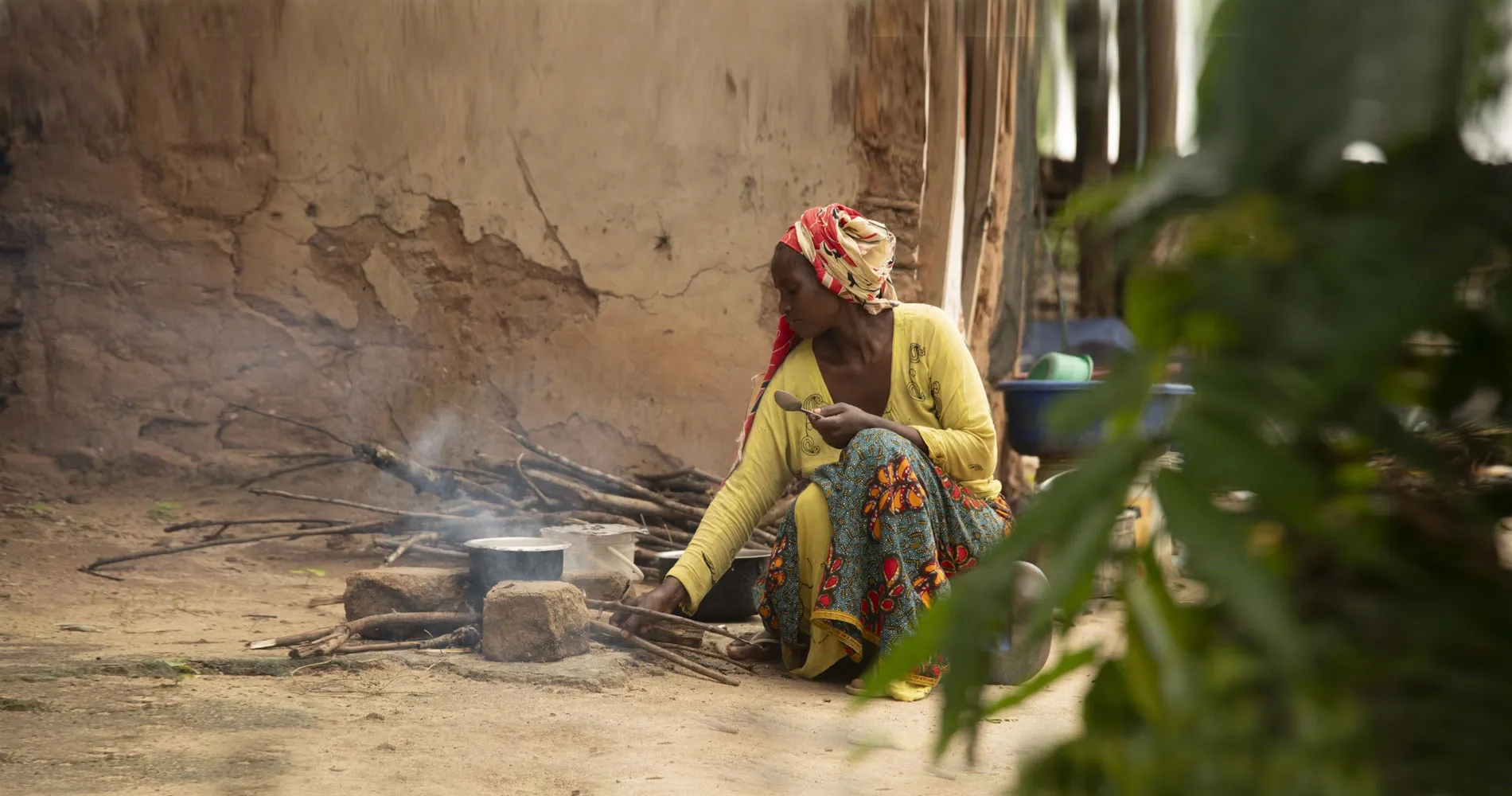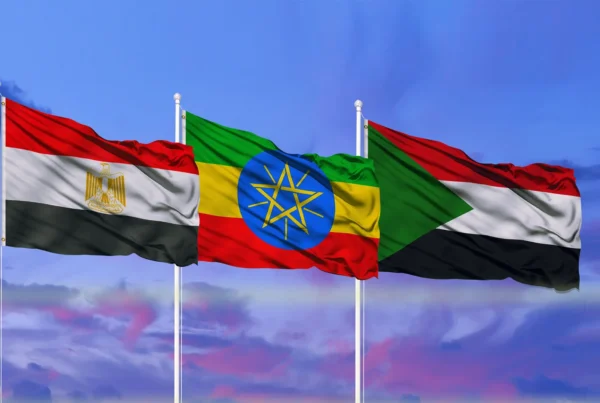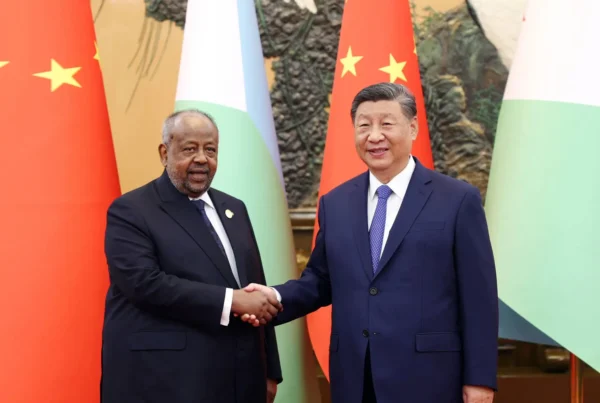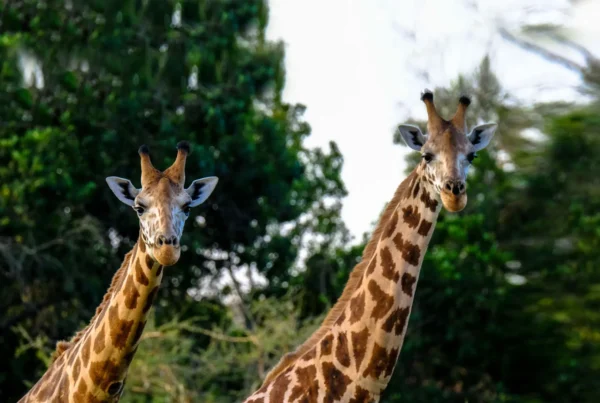The “Summit on Clean Cooking in Africa” with more than 1000 participants, 100 countries, NGOs, private and public organizations, was held on 14 May 2024 at UNESCO in Paris. The goal of the conference was to help eradicate the harmful health, environmental, economic and social effects of unclean cooking with a focus on the African continent.
Alexandra Winterstein
17 June 2024
Arabic version | Chinese version | French version | German version
“Access to clean cooking is more than cooking, it is about human dignity, fairness, justice, and equity for women. It is more than lighting of the stoves. It is about life itself.” These were the words, Akinwumi A. Adesina, President of the African Development Bank Group, stated during his opening speech at the IEA (International Energy Agency) “Summit on Clean Cooking in Africa”.
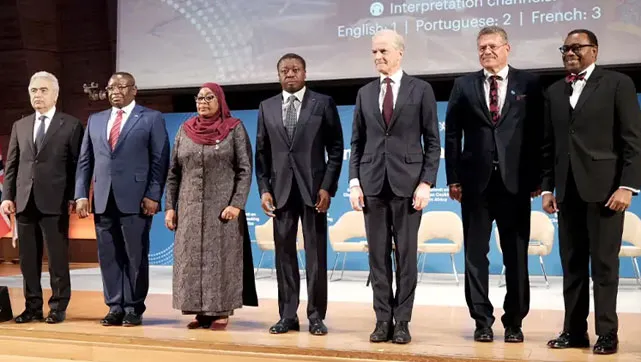 Co-chairs and opening speakers of the Summit (Source: IAE)
Co-chairs and opening speakers of the Summit (Source: IAE)
The IEA recently invited a critical mass of global leaders to the conference held on 14 May 2024 at UNESCO headquarters in Paris. The Summit brought together over 1000 delegates from governments, the private sector, development partners, international organizations, and charitable foundations. It was the largest-ever gathering focusing exclusively on clean cooking, drawing participation from 55 countries, with clear statements by 4 Heads of Government and 23 Ministers.
The IEA Summit attendees announced a breakthrough total of USD 2.2 billion in financial commitments to develop clean cooking access in Africa. To quote the IEA report on the most notable pledges made at the meeting:
- The African Development Bank committing USD 2 billion to clean cooking over the next 10 years, pledged by President Dr Akinwumi Adesina (co-chair of the Summit);
- Norway’s approximately USD 50 million pledged by Prime Minister Jonas Gahr Støre (co-chair of the Summit);
- Tanzania’s President Samia Suluhu Hassan (co-chair of the Summit) committed to continued support to policymaking to make sure that 80% of Tanzanians will be using clean cooking methods by 2030;
- The European Commission’s executive vice president Maroš Šefčovič pledged USD 431 million for clean cooking activities and announced the launch of a regional clean cooking initiative for West Africa.
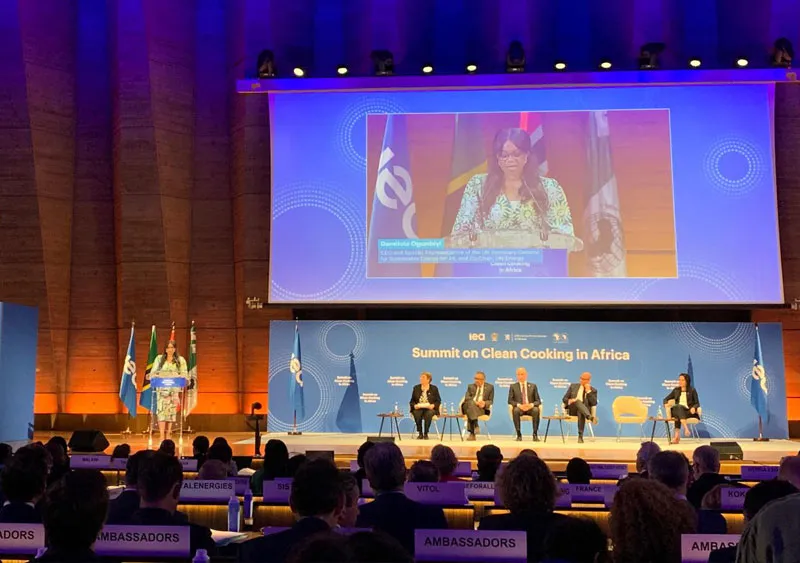 Sustainable Energy for All CEO Damilola Ogunbiyi © Global LPG Partnership
Sustainable Energy for All CEO Damilola Ogunbiyi © Global LPG Partnership
 The Summit Co-Chairs: IEA Executive Secretary Fatih Birol, Tanzanian President Samia Hassan, Norwegian Prime Minister Jonas Støre, African Development Bank President Akinwumi Adesina © Global LPG Partnership
The Summit Co-Chairs: IEA Executive Secretary Fatih Birol, Tanzanian President Samia Hassan, Norwegian Prime Minister Jonas Støre, African Development Bank President Akinwumi Adesina © Global LPG Partnership
However, the IEA stated that USD 4 billion of capital investments annually would be required to achieve clean cooking access for the majority of African people by 2030. The Summit considered the full slate of clean cooking solutions, but there was a notable emphasis by African leaders on the need for large-scale increase in LPG (liquified petroleum gas) use.
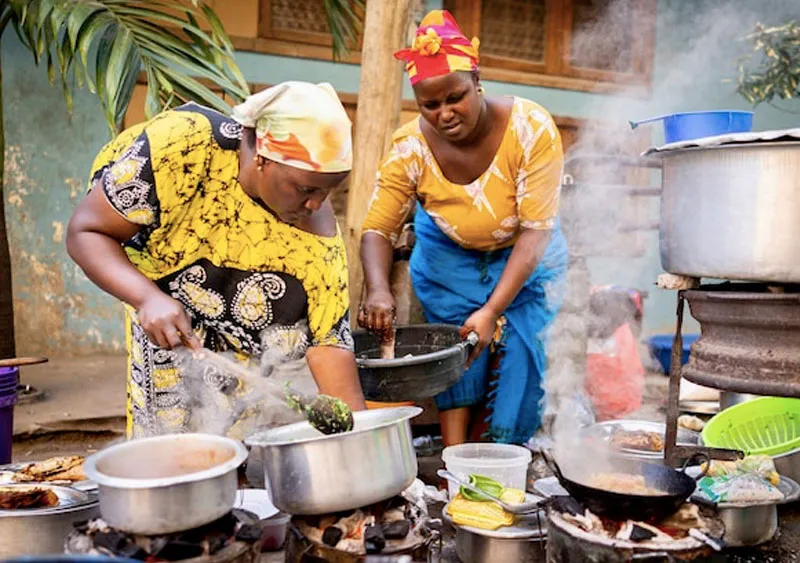 Women cooking © Freepick
Women cooking © Freepick
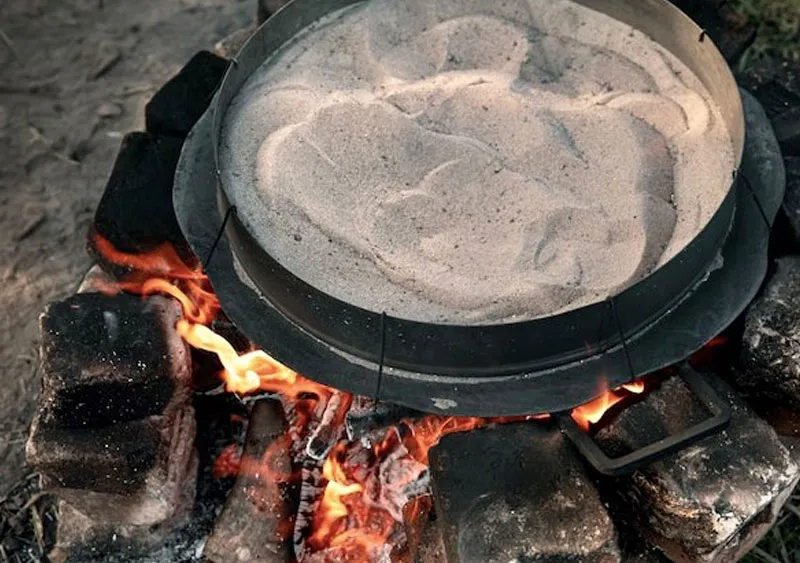 Cooking © Freepick
Cooking © Freepick
LPG, though a fossil fuel, is a clean fuel prioritized by the World Health Organization. LPG generates about 81% less CO₂ than coal and around 20% less CO₂ than heating oil per unit of energy produced. While it is not a sustainable energy source, it can play a role in reducing emissions and air pollution, particularly in areas where access to cleaner alternatives is currently limited.
Major companies in the LPG industry were at the conference, including TotalEnergies, Africa50, Shell, Equinor, ENI, Vitol, Petredec and Sahara Group. They announced large investments in clean cooking infrastructure, including LPG import terminals, LPG ships and clean cooking stoves. LPG terminals will have to meet international finance provider and national government standards for acceptable environmental impact; the same would be required for a new cargo terminal bringing in solar panels, electric generators, biogas units and other “clean energy” products.
Additional efforts were also disclosed as in progress, notably a joint announcement by the African Refiners and Distributors Association (“ARDA”) and the Global LPG Partnership (“GLPGP”) of their collaboration to raise a USD 1 billion LPG Infrastructure Fund.
Progress has been made in countries such as India, Indonesia, and Brazil over the last several decades, which have all implemented LPG nationally as the primary solution. However, in Sub-Saharan Africa particularly, clean cooking campaigns have not kept pace with population growth. Annually, an estimated 600 000 people on the African continent die from the environmental and health effects of unclean cooking.
At the Summit, more than 100 countries, NGOs, companies and public organizations endorsed The Clean Cooking Declaration, pledging to make clean cooking and its universal access a priority.


